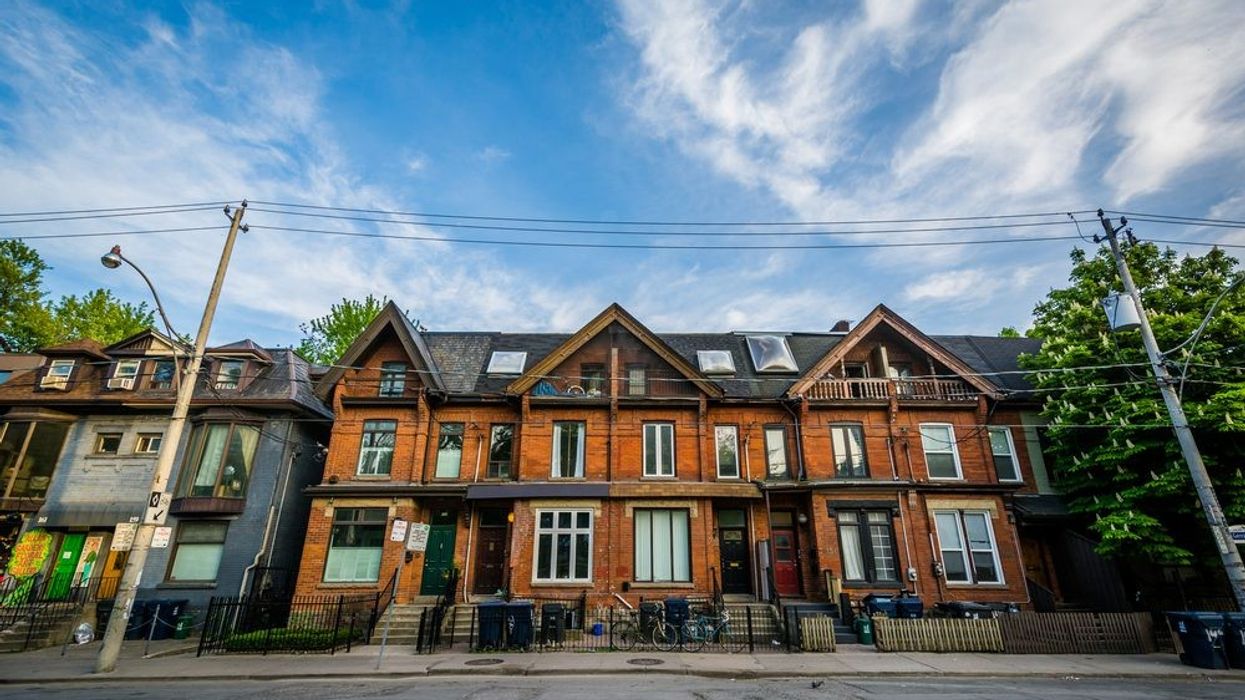The Liberal Party of Canada’s dim view of blind bidding might be, well, myopic.
On the campaign trail, the party proposed proscribing blind bids, presumably in favour of open auctions, going so far as to mull outlawing it as a way to stem runaway housing prices. However, a report from Smart Prosperity Institute asserts such an interdiction would actually result in prices rising faster.
“We examined the evidence and found that blind bidding does not ultimately drive up home prices, and requiring open bidding in a hot real estate market may lead to higher, rather than lower, home prices. This is supported by both empirical evidence and economic theory,” Dr. Mike Moffatt, author of the report, said in a news release.
Among the report’s key findings is that home prices in Sweden, which uses auction-style bidding, have risen faster during the COVID-19 pandemic than they have in Canada. Additionally, New Zealand permits English auctions and its housing prices have been the world’s fastest growing for the last two decades. In short, insufficient housing inventory is the real culprit and auctions exacerbate affordability woes in hot markets, claims the report, which was funded by the Canadian Real Estate Association (CREA).
“It turns out with the study, and there are limitations with it, auction-style bidding leads to even higher prices, so if your objective is to lower prices, banning blind bidding won’t do it,” CREA’s CEO Michael Bourque told STOREYS. “On the other side of it, I think consumers want more transparency in the transaction so that they can be assured that there are really other offers, and of course they would love to know more about those offers, but if they get into an auction this study shows they might pay even more.”
To be fair, an element of transparency already exists. In Ontario, brokerages collect and hold all information pertaining to housing transactions, which regulators can request and scrutinize at any time. However, transparency is scarcely the problem underpinning Canadians’ struggles with housing affordability.
“Fundamentally, the issue at play is there are not enough homes and there’s so much demand right now, and people are frustrated they can’t get the home they want or they’re going through multiple rounds of putting offers in and not getting homes,” Bourque said. “I think we’re at point in society where we have a housing crisis and we need all levels of government to come together as well as other stakeholders, like builders, to solve this.”
It doesn’t look promising at the moment, though.
“There has to be a lot of good will and effort to collaborate but it’s not a very good start when the federal government takes a shot across the bow of the provincial government by saying, ‘We’re going to intrude on your area of jurisdiction and ban blind bidding regardless of what the consequences might be in your jurisdiction.’ That’s the real problem I have with it—No. 1 it’s almost like it’s going to prevent us from having the collaboration that’s required, and secondly, it’s not focusing on the problem, which is that we don’t have enough homes being built,” Bourque added.
He nevertheless believes the Liberals deserve plaudits for conjuring comprehensive housing policies during the election campaign, although what comes of them remains to be seen.
Real estate broker Norman Xu doesn’t think there’s anything wrong with the current bidding process either, echoing Bourque by citing inventory dearth as the reason for exorbitant housing prices. Moreover, it’s his opinion that there isn’t much discrepancy between blind and auction bids, concluding that they both lead to the same place, especially as buyers, tired of being short-shrifted in an avaricious housing market, grow increasingly desperate and emotional in their pursuit of a new home.
“It’s like the government tomorrow saying that instead of driving on the right side of the road, like we always have, we’re going to start driving on the left side of the road. I see very little benefit to such thinking,” Xu, a team leader at Royal LePage Signature Realty in Toronto, said. “I think it makes no sense, but what’s most important is the 1.4 million homes the Liberal Party promised to repair and build because that will change the market and benefit eager homebuyers. The government should provide macro support instead of micromanaging.”





















